‘We were thrown out of a gay bar with our HIV leaflets’: How Terry Higgins’ friends mounted their fight
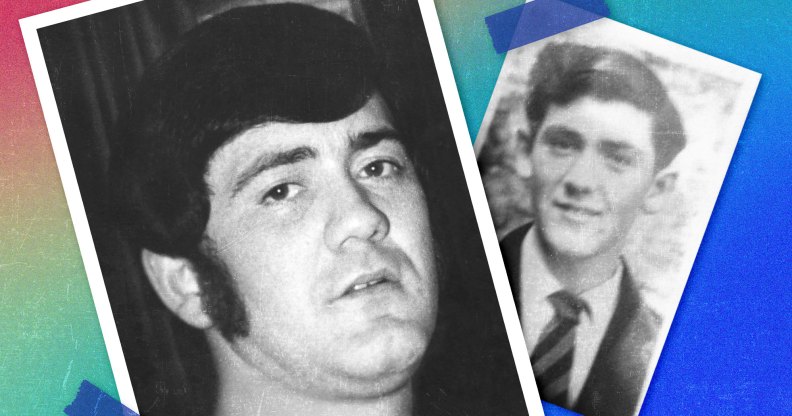
Terry Higgins was the first known person to die in the UK from AIDS-related illnesses. (Terrence Higgins Trust)
When Terry Higgins died in 1982, there wasn’t even a name for the disease he had been suffering from. Today, he’s synonymous with the fight against HIV.
Terry was the first known person in Britain to die from AIDS-related illnesses, on 4 July, 1982. It was around that time that London’s queer community was starting to become aware of a mystery virus that was killing gay men in the United States.
It was a devastating moment for Terry’s loved ones, including his partner Rupert Whitaker and friend Martyn Butler. But they were determined to honour him, and to help fight against the virus that had killed him, setting up a charity in his name.
Today, the Terrence Higgins Trust is one of the foremost charities working to end HIV transmission. But getting there wasn’t simple – in the ’80s, informing the public about the virus that was killing gay men wasn’t an easy task.
Many didn’t want to know, and the government of the day couldn’t have cared less. They faced backlash within the LGBTQ+ community too – at one point, they were thrown out of a gay bar when they tried to circulate leaflets about HIV.
Martyn Butler still remembers vividly the nights he spent in London’s Heaven nightclub with the man whose name would spawn a movement.
Terry was working as a Hansard reporter (noting down MPs’ words for official records) in the House of Commons, but he spent his spare time DJing.
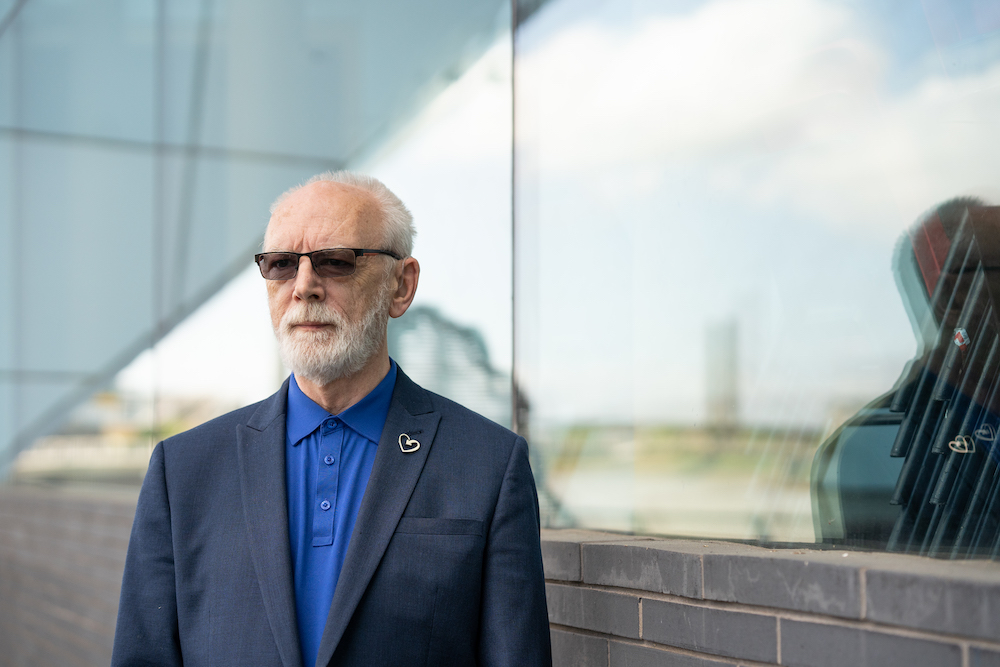
“Terry was heavily into his music,” Martyn tells PinkNews. “One of his great things was to fly off to New York with an empty suitcase and come back with loads of really great clothes and inevitably, half a bag of great records, which he’d sell when he got home.”
Martyn and Terry bonded right away as two Welshmen that had fled their native land for London. It wasn’t long before they started referring to their own crew as a family.
“One of the things that used to amuse us is that we’d have these young guys, 18, 19, coming up to us after realising we were cardinal characters in Heaven, and they’d literally say: ‘We want to be part of the family.’
“We always laughed at it. You can’t be a member of the family, you either are or you aren’t.”
Terry Higgins cared about queer family
In the ’70s, London was the place to go if you were a young queer person. Martyn remembers seeing teenage boys turning up to Heaven on a Friday night with suitcases in hand.
“Terry made me realise that these kids were important, family is important. We had nothing on our own.”
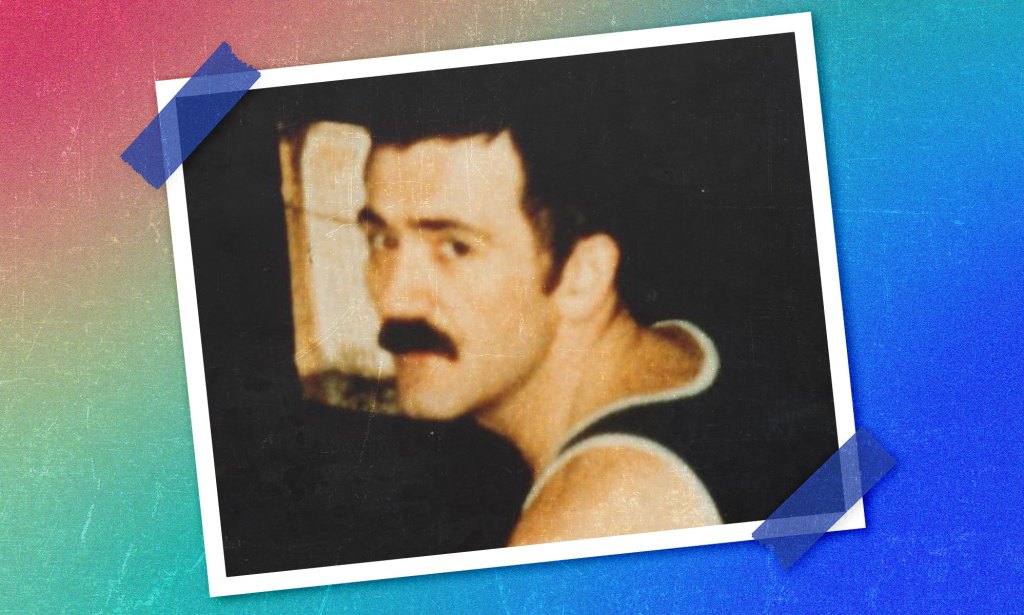
Before long, Terry Higgins met Rupert Whitaker, and they entered into a romantic relationship. The family started to get bigger, and Terry always looked out for everyone. When he would go travelling, he’d ask Martyn to “keep an eye” on the younger members of their crew.
It was a blissful, idyllic time – and then one night, Terry collapsed at Heaven nightclub.
“There was no real concern [at first],” Martyn says. “Within no time at all he was back out, and then I think it was the following week when he collapsed for a second time, and that was when he ended up in hospital and we thought: ‘Oh God, this is serious.’”
Martyn recalls visiting Terry in hospital, where they chatted, joked and laughed.
“There was no sense of impending doom at all on my part or indeed his. In fact, the last thing he said was: ‘I’ll see you Saturday, if not the following weekend.’
“That was the last time I ever saw him.”
His friends took action – but they faced resistance from all sides
After Terry died, the friends he left behind knew they had to take action. Together, they set up the Terrence Higgins Trust to spread awareness – but the resistance they faced was devastating.
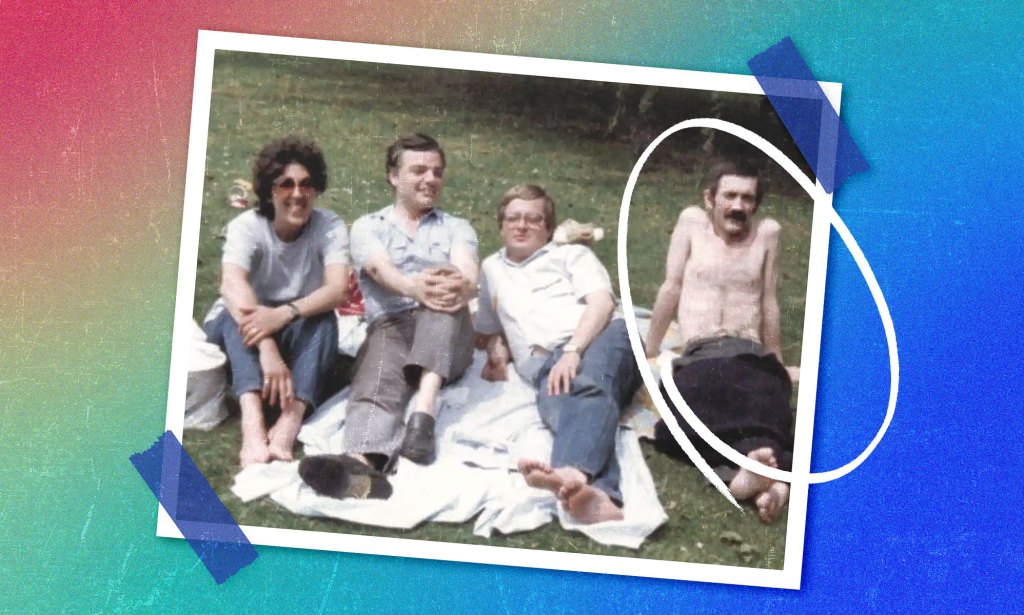
Martyn recalls how banks and legal teams turned them away, refusing to work with them on a cause that was seen as taboo. They even faced an uphill battle getting recognised as a charity.
“We were on a shoestring budget. I gave up work at that point and went on the dole… that was hard. I remember going to be on the BBC and I only had the bus fare to go to Shepherd’s Bush, but I didn’t have it coming home.
“I got thrown out of a certain famous gay bar in North London at the time and my leaflets were thrown out behind me.”
Building the charity was “desperately hard” – the days were long, and Martyn spent his evenings giving telephone support around the clock to people worried about HIV.
He recalls speaking to a Catholic priest almost every night for three months – he was terrified he had contracted the virus because he had “a fumble” with another man in a cinema.
“The level of fear – he drove himself nearly insane. In the end I met him with him and talked him down.”
Eventually, Martyn’s work started to pay off. The Terrence Higgins Trust took off, and today it’s the UK’s leading HIV and sexual health charity. In 2022, Martyn finally received the recognition he deserved when he and his co-founder Rupert Whitaker were awarded OBEs for their services to charity and public health.
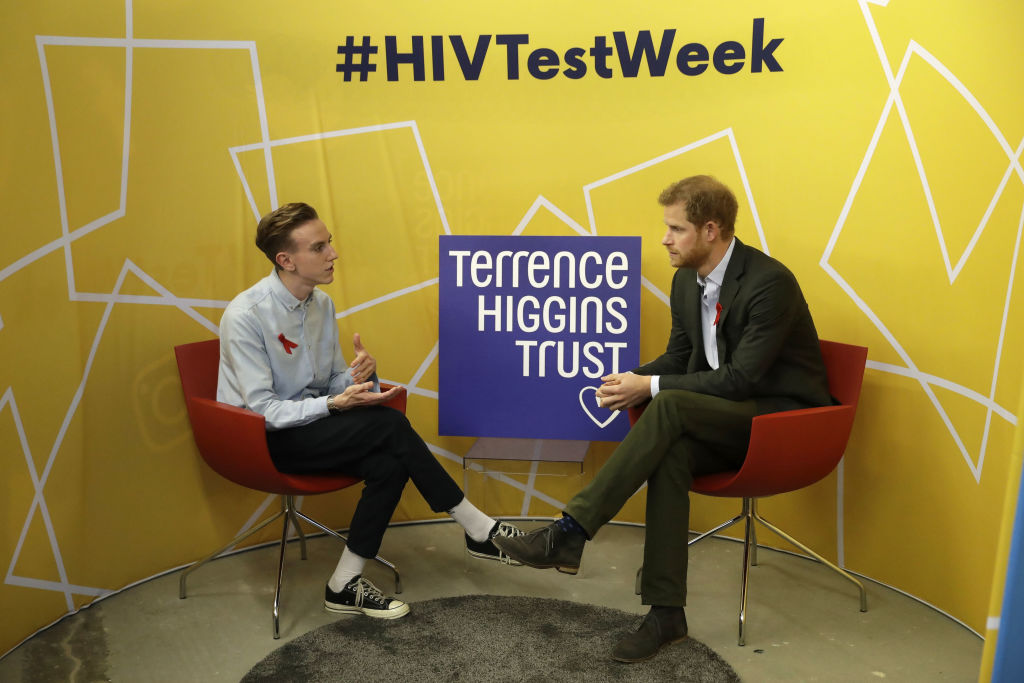
“I’m so in awe of our volunteers, our trustees, our employees. They’re such an incredible team and I’m incredibly privileged to have been their founder,” he says.
Richard Angell, campaigns director at the Terrence Higgins Trust, says he hopes they’ve “done justice” to the memory of Terry. While the new generation who work at the charity today never got to meet the man, they’re proud to work in his name.
“It wasn’t just that he was the first – his friends and partner at the time thought he was so special that he deserved to be remembered,” Richard says.
“I think he’d be proud that somebody is doing this.
“THT isn’t doing this on its own – there’s lots of government agencies, charities – but it wouldn’t be happening if it wasn’t for an organisation that somebody founded in Terry’s name.
“I think that’s pretty special.”
How did this story make you feel?

